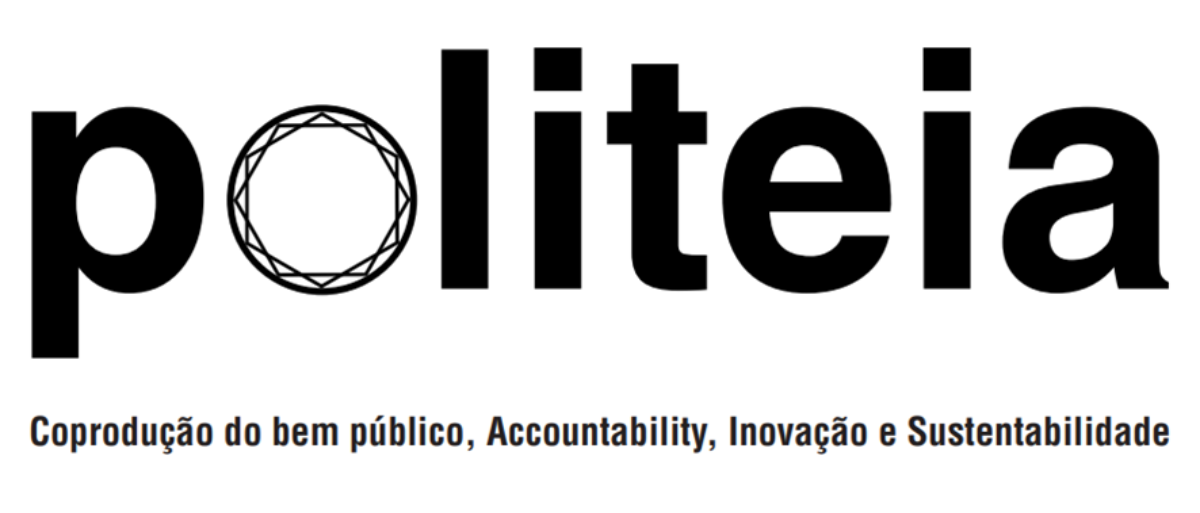Call for papers for the IIAS Study Group on ‘Coproduction of Public Services’
Tampere, 13-14 June 2016
The IIAS Study Group on ‘Coproduction of Public Services’ is organizing its fourth open meeting. Our aim is to create and nurture an intellectual platform for the theoretical discussion and empirical analysis of coproduction and its implications for the organization and management of public services.
The Study Group on Coproduction of Public Services
Earlier meetings organized by the study group established a small-scale, active, and sustainable research network of scholars focused on the coproduction of public services. The study group provides a forum to discuss challenging research on innovations in public service delivery that include citizen co-production. The study group has collaborated in the publication of special issues in international public administration journals. The study group aims to further enable close intercontinental collaboration among coproduction scholars, including establishing joint research programs and developing and sharing a database of international case studies and survey data on coproduction. As part of the 2016 study group meeting in Tampere, a roundtable will be organized to discuss collaboration in a new book project on coproduction, edited by Taco Brandsen, Bram Verschuere, and Trui Steen and to be published by Routledge.
Conference Topics
Coproduction refers to the involvement of both citizens and public sector professionals in the delivery of public services. Although countries differ in the extent to which citizens play a role in the provision of public services, the idea of coproduction is gaining ground around the world.
The overarching goal of this meeting of the study group is to advance our conceptual, theoretical, and empirical understanding of coproduction. To that end, we are particularly interested in papers that tackle the complexity of coproduction in terms of frameworks for analysis, applications of relevant theory, and empirical study. Specifically, we are interested in research questions such as:
– What frameworks are useful for advancing our understanding of coproduction? Frameworks specify general sets of variables (and the relationships among the variables) that are of interest to a researcher. As conceptual constructs, frameworks are particularly useful for identifying the major variables relevant for understanding and analysis. The development of frameworks for coproduction and their usage in empirical research will be critical to developing some continuity in future studies.
– What theories are relevant for understanding coproduction? Theories provide interpretive structures for frameworks by providing explanations, predictions, or diagnosis about how the variables within a framework interact, fit together, or perform over time. Theories might focus on one area of a framework or address the framework as a whole. Many theories are likely to be applicable to and advance or understanding of coproduction, particularly when combined with models for empirical analysis.
– What do we know from the empirical study of coproduction of public services? Empirical research using innovative and rigorous qualitative or quantitative methodological approaches are necessary for improving our understanding of coproduction. Thus, the study group invites submissions that investigate numerous research areas and questions, including but not limited to:
o How does coproduction work in practice?
o How does coproduction vary across national and policy contexts?
o How is co-production linked to transformation of public services, for example through governance or ICT?
o What are the challenges of coproduction for public sector professionals and citizens?
o What are the outcomes and impacts of coproduction?
While these and other questions can be addressed, we encourage all participants to think critically about how their research advances our conceptual, theoretical, and empirical understanding of coproduction.
The goal of the study group is to advance the theory, research, and practice of coproduction and to foster intercontinental collaboration. Therefore, we invite scholars from around the world to submit abstracts for conceptual, theoretical or empirical papers on all topics addressed above. Studies that use an innovative qualitative or quantitative methodological approach are of particular interest. We also welcome a variety of disciplinary and interdisciplinary approaches. Submissions are particularly encouraged from doctoral students working on the topic of coproduction.
Meeting Format
The meeting will open with a keynote by John Alford, Professor of Public Sector Management at the Australia and New Zealand School of Government (ANZSOG) and at the Melbourne Business School (MBS), University of Melbourne. The meeting will consist of individual paper presentations. Full papers will be made available to all participants in advance of the meeting to deepen the discussion. The meeting will conclude with a round table conversation about the study group’s plans for intercontinental collaboration in coproduction research and, more specifically, the development of an edited book to be published by Routledge.
Date and Location
The meeting of the Study Group on Coproduction of Public Services will take place in Tampere, Finland from 13 to 14 June 2016.
Cost
The registration fee is 120 Euro. Participants are responsible for their own travel and accommodations.
Submissions
Participants will be notified of acceptance by 30 March 2016. Full papers should be submitted by 31 May 2016.
Organization
The IIAS study group on ‘Coproduction of Public Services’ is co-chaired by Trui Steen (Leiden University, the Netherlands and KU Leuven, Belgium), Tina Nabatchi (Syracuse University, United States) and Dirk Brand (University of Stellenbosch, South Africa). The 2016 meeting of the study group is organized by Sanna Tuurnas, Jari Stenvall and Elias Pekkola (Tampere University, Finland).






